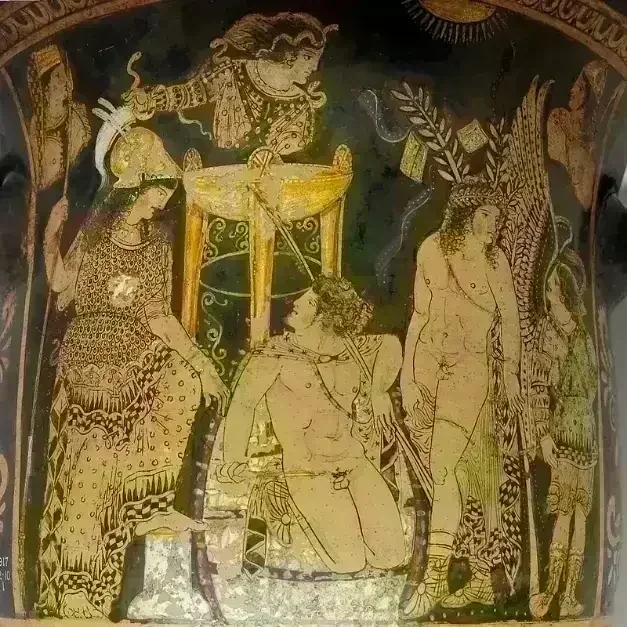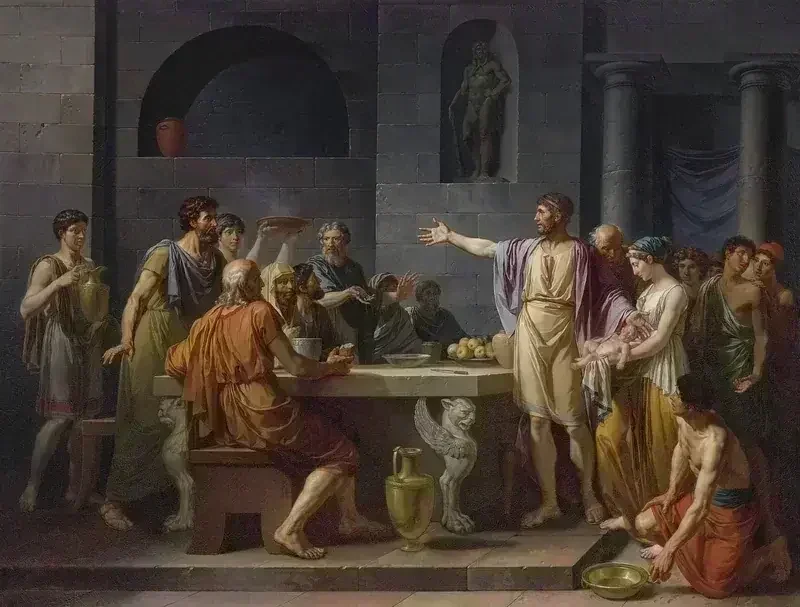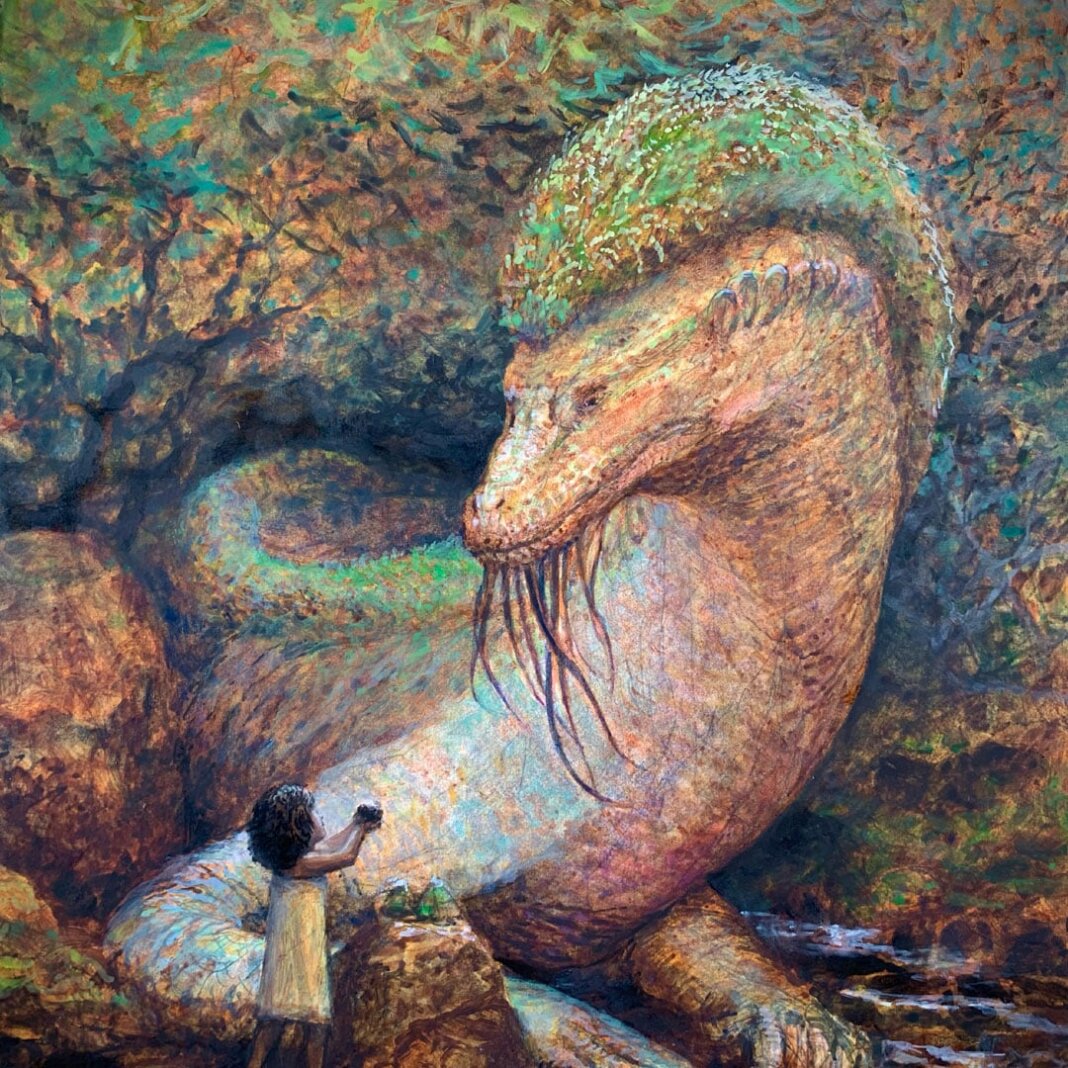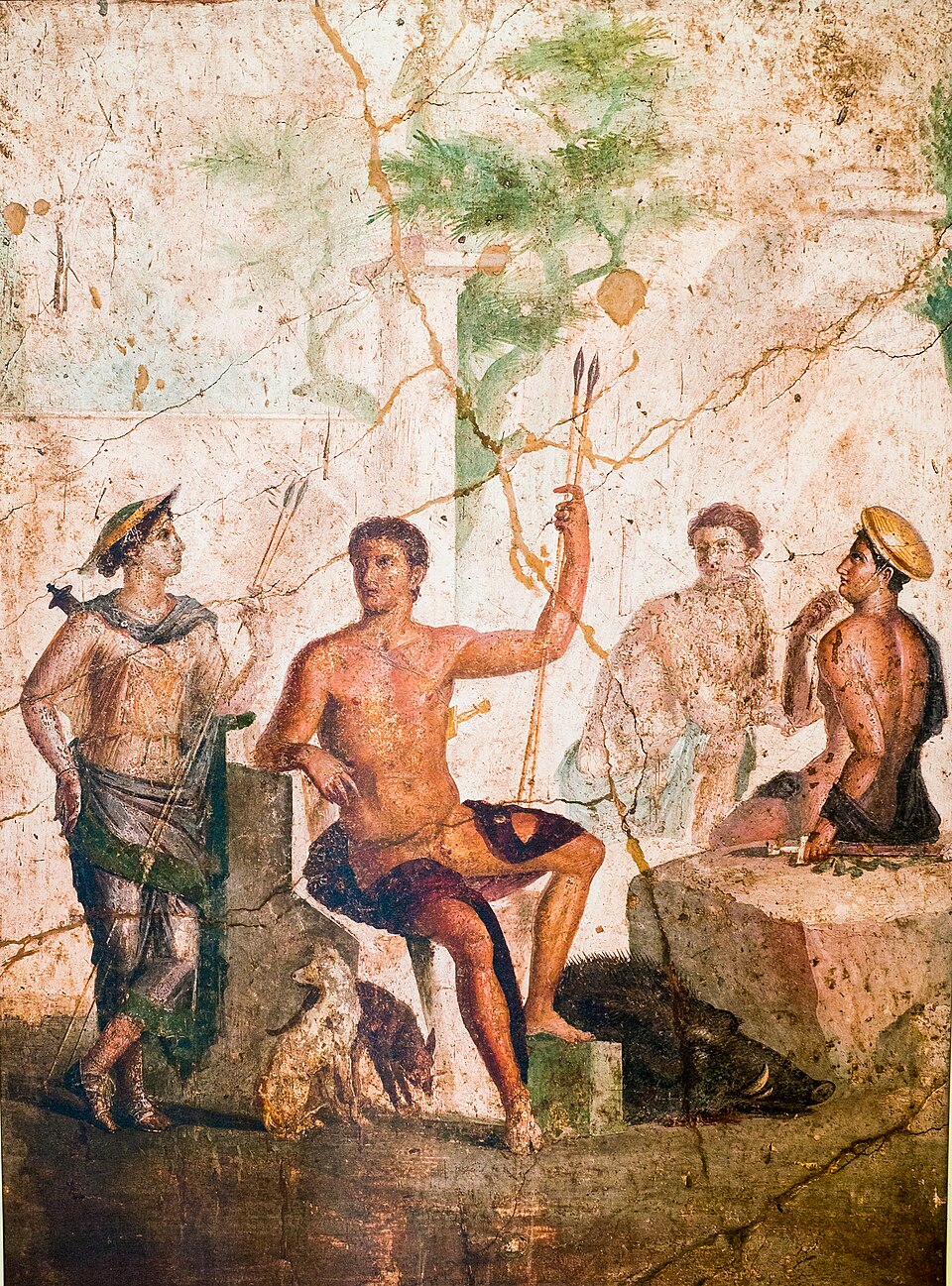Orestes

In Greek mythology, Orestes or Orestis (/ɒˈrɛstiːz/; Ancient Greek: Ὀρέστης [oréstɛːs]) was the son of Agamemnon and Clytemnestra, and the brother of Electra. His story forms the centerpiece of several Ancient Greek plays, particularly Aeschylus' Oresteia, as well as various myths concerning his revenge, subsequent madness, and purification—narratives that preserve threads of much older traditions. The name Ὀρέστης, which became "Orestēs" in Latin, derives from the Greek words ὄρος (óros, "mountain") and ἵστημι (hístēmi, "to stand"), suggesting the meaning "stands on a mountain." In Homer's account, Orestes belongs to the cursed house of Atreus, descended from Tantalus and Niobe.
Absent from Mycenae when his father returns from the Trojan War with Cassandra as his concubine, Orestes misses Agamemnon's murder by Aegisthus (his mother's lover). Seven years later, Orestes returns from Athens to avenge his father by killing both Aegisthus and his own mother Clytemnestra. In the Odyssey, Homer presents Orestes as an exemplary figure to Telemachus, whose mother Penelope faces harassment from persistent suitors.


